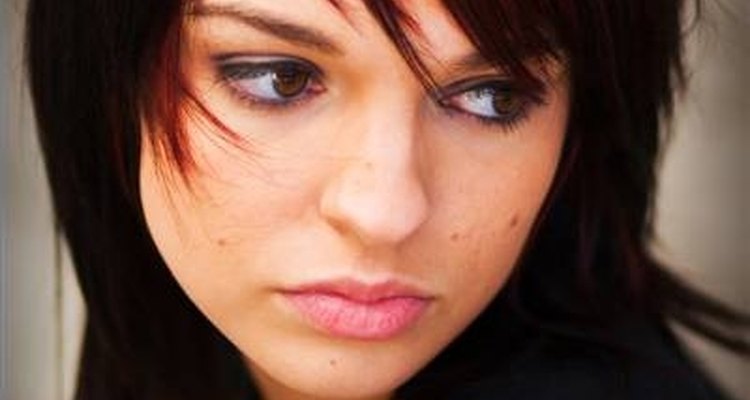
Bleaching is a chemical process which strips the natural or artificial color of the hair. This step is a necessary action for the preparation of coloring. This process is not only reserved for permanent hair coloring, but also for hair lighteners. What some are not aware of is that some risks are associated with bleaching. Some experts say it causes cancer. Are there alternatives? When is bleaching necessary and when shouldn't you bleach? How does the bleaching process occur? Read on to find out more about hair bleaching.
Significance

The purpose of bleaching the hair is to remove the pigment from the hair. This is especially necessary for people who have naturally dark hair and for those who are removing previously dark-colored hair coloring. However, some people use bleaching to obtain stark white or blond hair coloring.
Function
Some like to choose a shade of hair color that is not commonly found in nature. These shades such as blue, pink and neon-green, while others are blacklight reactive. A person with dark hair will especially need to use a bleaching kit before using a color like this. This is because these colors only contain tint and usually do not contain the developer (hydrogen peroxide).
Effects

The process of stripping the hair follicles of color requires bleaching. When coloring the hair, hydrogen peroxide is mixed with the tint (an alkalizing ingredient). The alkaline peroxide breaks up the melanin within the cortex of the hair follicles and replaces it with the tinted color. Hydrogen peroxide is the main ingredient in hair bleach.
Expert Insight
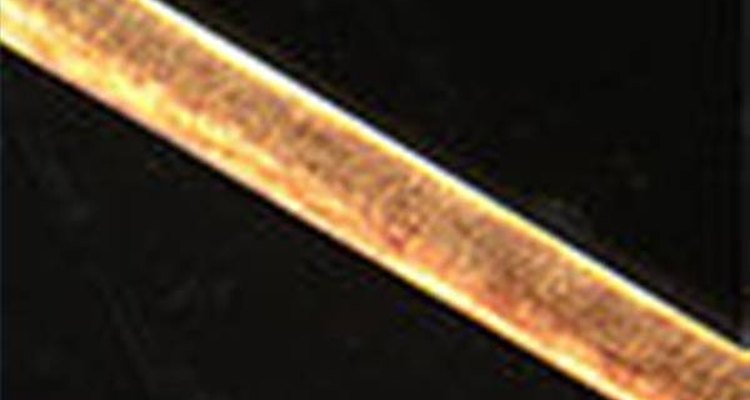
According to article titled "What is bleaching your Hair?" posted by Essortment.com, "If you have hair that has been chemical straightened, permed or recently dyed, you should not use bleach. These processes also damage hair. The bleaching process may totally fry your locks." Because bleaching is hard on the hair, they also recommend that you trim your hair once a month (see Resources below).
Warning
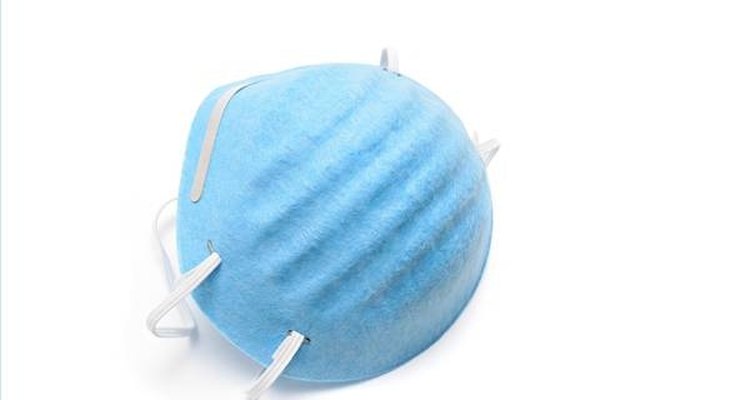
Some safety precautions to take into consideration if you are bleaching you hair at home are: avoid bleach sitting on your skin; do not bleach your eyebrows by yourself; keep bleach away from mouth, eyes and nose; do not use metal bowls or stirrers when using bleaching products; since hair coloring can enter into the bloodstream, If you are pregnant, consult a doctor before bleaching your hair; test a strand of hair first; the fumes of bleaching are toxic and can lead to damage of the airways, so make sure the room is ventilated.
Theories/Speculation

There is a debate whether bleaching and tinting your hair actually causes certain forms of cancer. Some have shown links in the development of leukemia, bladder cancer, multiple myeloma, non-Hodgkin's lymphoma and blood cancer. Lead acetate was found to be a possibly toxic substance contained within the coloring process. A study done by the FDA suggests an active ingredient found in products that have a gradual darkening effect seemed to also be a problem. Daniel J. DeNoon, senior medical writer for WebMD.com states that the prolonged use of this dark hair dye doubles the person's risk of getting one of these cancers.
Prevention/Solution

Natural alternatives that are less toxic do exist. Even in ancient civilizations, dyes were being used to color the hair. Plants such as henna, Cassia obovata, turmeric, indigo, senna and amla are some that were used and can still be used today. Not everyone can get one of these plants or know how to use them for hair coloring. However, there are some companies that sell hair coloring products that contain these alternative dye compounds. The only downfall is that they usually do not last as long as the chemical-based ones. Carolsdaughter.com is one of these companies; Ecocolors.net is another.
Related Articles
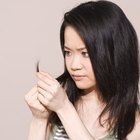
Dominant & Recessive Hair Colors

Can Hair Dye Cause Severe Itching of ...

Are Lemon Juice Highlights Good for ...

Difference Between Permanent Hair Color ...

Permanent Hair Dye Ingredients
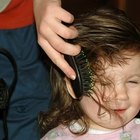
How Are Hair Colors Inherited?

How Often Can You Color Hair Without ...
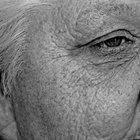
Facts on Natural Hair Changing Color

Can I Dye My Hair After Bleaching It?

Ways to Prevent Damage During Hair ...
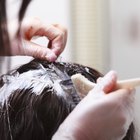
How Long to Wait to Re-Dye Hair

How Often Can You Color Your Hair at ...

How to Correct Gold Tones in Hair Color
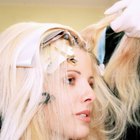
Instructions for How to Use a Wella ...

Can You Use Henna Ink As Eyeliner?

What Are the Causes of Graying Hair?
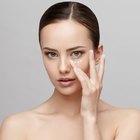
Hydroquinone & Dark Circles
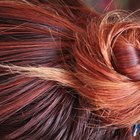
How to Mix & Apply Toner to Brassy Hair

Side Effects of Lye in Hair Relaxers
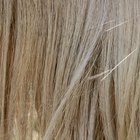
What Is Progressive Color?
Writer Bio
Based in central New York, Michele Martinez has been writing self-help articles since 2007. Her articles have appeared on eHow, Associated Content and Helium. She attended Mohawk Valley Community College and has over 20 years of experience in the areas of aviation, real estate, student loans and education.
Photo Credits
Wikimedia Commons